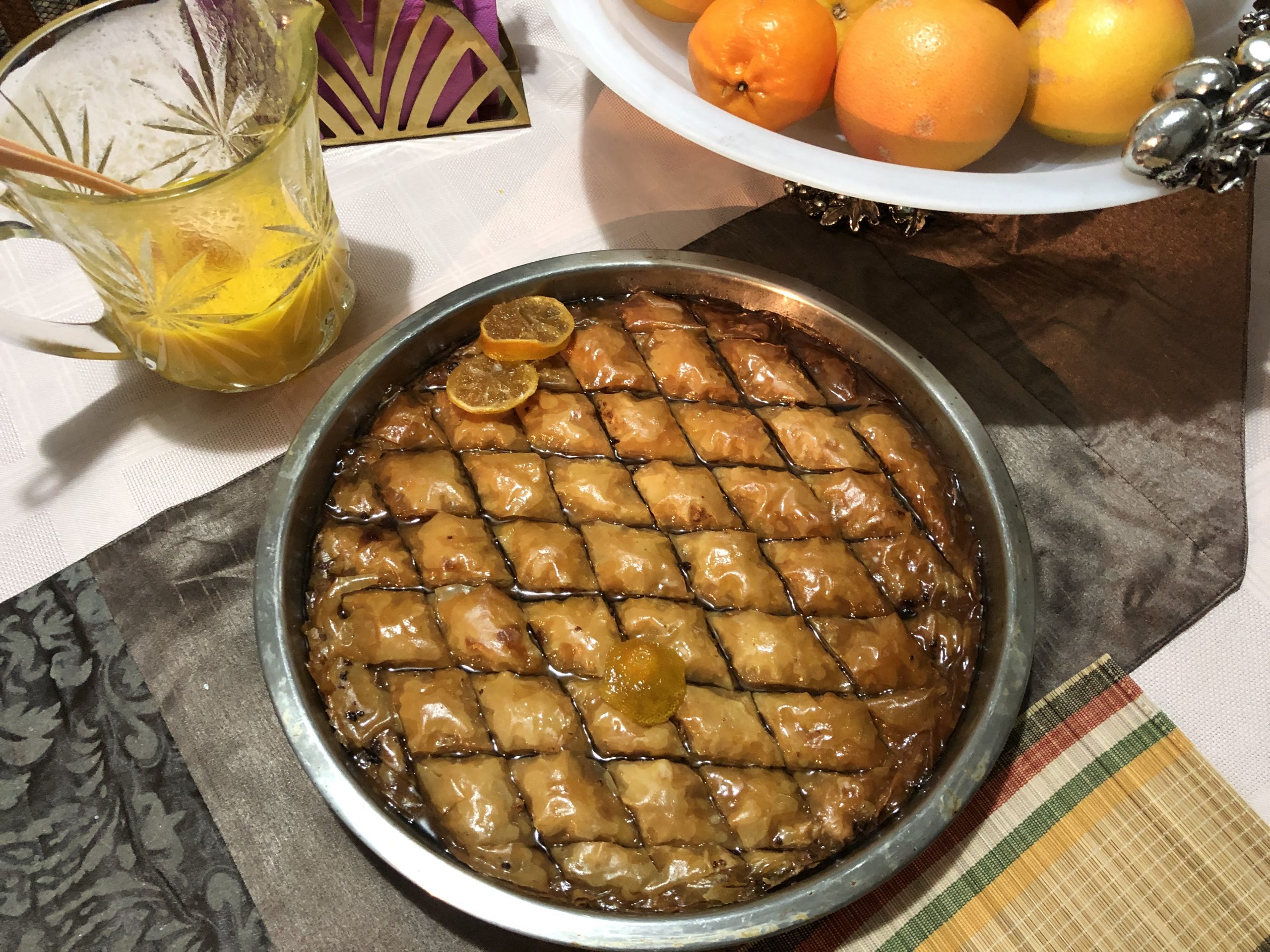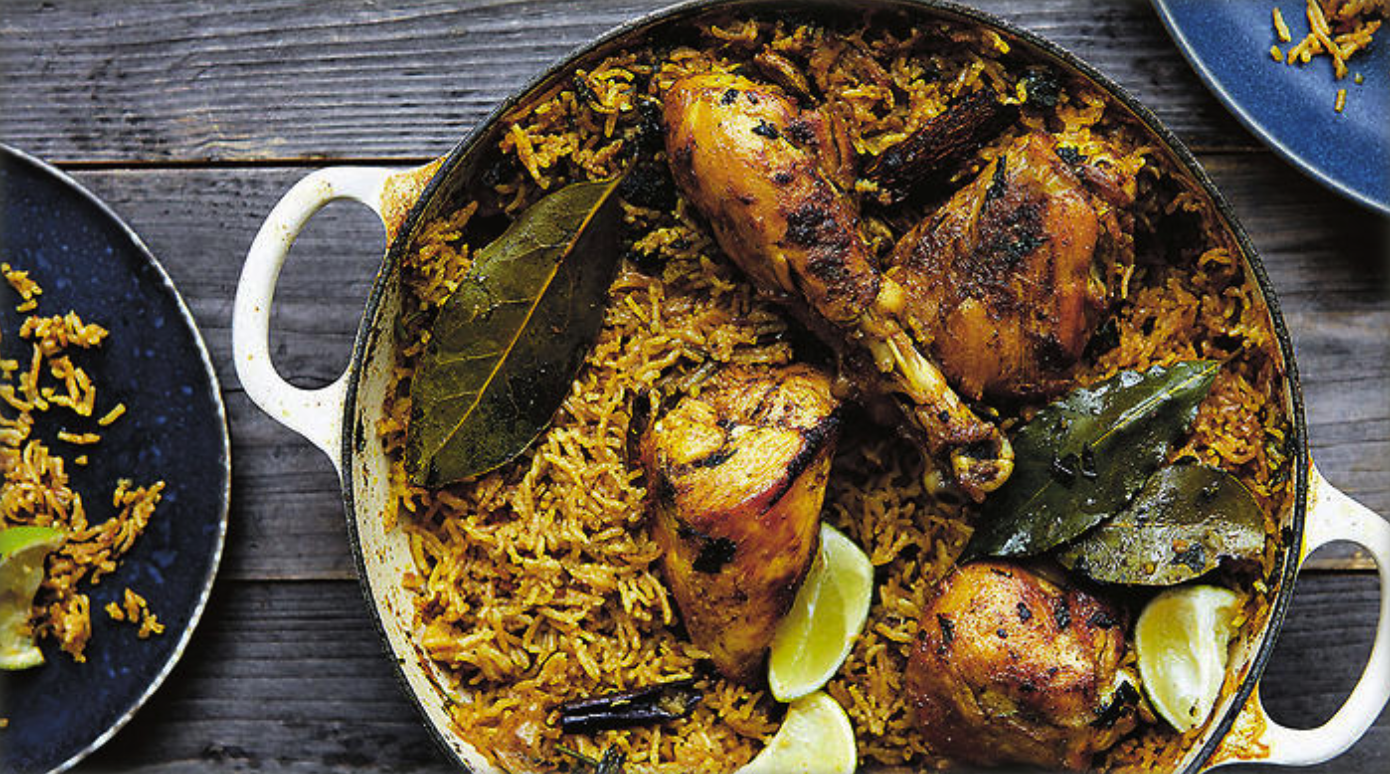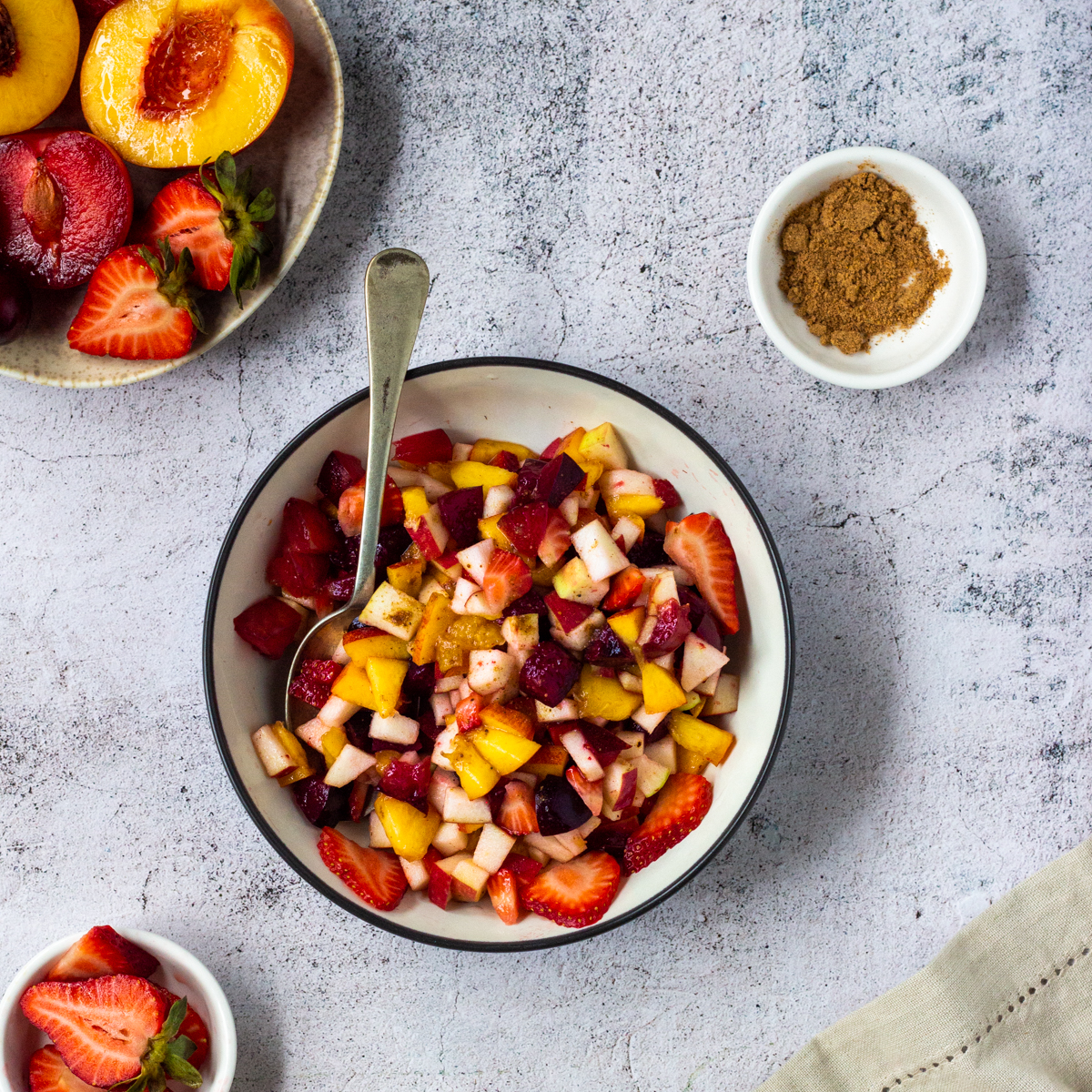Izeta’s Bosnian Baklava
 Bosnia
Bosnia My journey, Ramadan, Baklava….
Before the war in Bosnia, I worked in a bank and my husband Fahir was a journalist. We had two teenage sons and never imagined that war would come to our city.
It is not nice to detail the horrors of war but 30 years later, it helps if other people remember and understand – particularly because the horror of what is happening in Ukraine reawakens many old traumas and I am worried for many Bosnians here who are still struggling and need support.
Sometimes, the media calls the war in Bosnia civil war or a war of religion between religious groups but for 30 years many Bosnian people have tried to correct these ideas.
Before the war, Bosnia was a multicultural society where all people with different religions lived side by side with each other and cared for each other as for family members. There were more than 500,000 mixed marriages between Muslim-Catholic, Muslim Orthodox, Catholic-Orthodox. Orthodox and Catholic churches and mosques exist side by side and in the capital city Sarajevo, you can hear ezan call to prayer from mosques, the bells from Catholic and Orthodox churches and Jewish synagogues. This religious orchestra is performed at 12:00 noon every day. No one can find a performance quite like this across the globe and it sounds beautiful. So it has to be wrong to say that the war in Bosnia was religious groups turning on each other.
It wasn’t civil war either; it was an act of aggression and genocide. A bit like Ukraine now, Serbia wouldn’t accept Bosnia as an independent country with self-determination. Politicians stirred up ethnic hatred which led to ethnic cleansing of people who didn’t even have an army to defend themselves.
Our city Doboj is not as well-known as Sarajevo or Srebrenica but it also suffered terribly in the war.
In May 1992, the Serb Democratic Party, an opposition party in Bosnia, took control and arrested non-Serb civilians, Muslims and Croats. The Bosnian Serbs were led by Radovan Karadžić and supported by the Serbian government of Slobodan Milošević and the Yugoslav People’s Army (JNA).
Doboj was heavily shelled, ordinary civilians were killed and hundreds were wounded and maimed. All the mosques were destroyed, and homes were looted and destroyed too. People were detained and subjected to inhumane conditions, beatings, torture and forced labour. Ordinary civilians were killed and women raped. There were mass executions in the city’s prison and in the military barracks in a local village, and a school was used as a rape camp…
…The violence and fighting went on for three years and my youngest son and I were separated from my husband and oldest son for two and a half years, not knowing if they were safe.
When I see people fleeing in Ukraine with children and plastic bags, leaving their husbands, my soul is crying.
Becoming a refugee is something no-one plans for in their lifetime and for everyone it is a hard time. I say “hard” but it is so much more. You lose family members, friends, home, wealth and your homeland. And there are a thousand questions you ask yourself. Why has it happened to us and why do we never know what awaits us tomorrow? In one second, life changes. The only way I can describe it is to say it’s like how sunny days can turn stormy in moments. The sky becomes black and the lightning is terrifying. That’s the only way I can describe in a simple sentence; the day we had to leave our home under cannon and bombshells.
It is hard to describe the feelings you have when you lose everything in one day… And then my husband and oldest son were separated from my youngest son and me. We went for long periods without hearing where or how they were. In the end we were fortunate: we all survived, and we were reunited. Many people were not so fortunate.
Now when we think about our life, it is much more important to think about not wasting the rest of it than to think about what we lost. Then, I was always asking myself why has this happened to me and to millions of other people. Now, I accept God’s will and I believe it is simply that we do not know what is written in God’s unseen and unknown plan for us. That’s a good thing as I don’t know what would happen if we did know this plan. The fact is that migration also happened centuries ago when the prophets from all the Holy Books had to migrate from their homelands to other places where God sent them. God knows what’s best.
So, by God’s will, one day I came to Australia. I never imagined I would ever leave Bosnia but I was not scared to be here even though I couldn’t speak any word of English. I told myself: I will learn. I couldn’t work but again I told myself: I will one day, once I have learned the language. The task I set myself was to finish education and find a good job. That was my dream and I just prayed for good health for me and my family and for our achievement that would come at the end. It happened and, with God’s help, I have mostly achieved my dream. It was not easy, but I made the decision not to cry but to do.
I finished my education and worked until I retired. My two boys finished their education here; they are both proud Australian citizens and both married with children. One of my daughters-in-law is a Bosnian girl and the other is Australian. My husband and I now have two beautiful granddaughters and two grandsons and we enjoy life as grandparents. What more could I wish for than good health for us?
In the short time of 25 years, I have enjoyed every second of my life here and have found so many good friends from different cultural backgrounds. I have met many good people, some of them are as special to me as members of my family. Some of them contributed to me feeling good, confident and proud of myself and I think very often of them even when they are not physically close to me. I can say that the whole dictionary does not have enough words to describe their friendship, kindness, respect, support and care. My friends with their positive personal nature have been a source for my new energy for every task that I undertake and will always be a special treasure for me. My two sisters are still in Europe but I found here Catrine, Emma, Zulekha, Norma, Urmila, Jane, Yvonne and many others who are also in my heart and will always be there.
I found Jane Jeffes, my dear friend, during another story-telling project a long time ago when we were both quite new here. She remembers my baklava – a traditional Bosnian sweet pastry that is always prepared for special events and friends.
The baklava is really much more than our favourite sweet pastry. Always when I prepare this sweet, my memory goes to days when we were happy and enjoyed our time with friends. It is linked in our hearts, Fahir’s and mine, to events and people and to the memories of where friendships started and can never be lost because the baklava connects me to people I hold dear.
Ramadan 2020 and 2021 were difficult times with COVID-19 when social gatherings were restricted, but by God’s help, technology and social media meant we could gather and be together with friends and family despite the social and personal distance. For Ramadan and Eid, I prepared baklava as I have always done but this time it was different. The whole tray could not be eaten just by my husband and me in isolation so I packed it up and shared our sweet pastry with my neighbours.
The Bosnian tradition during Ramadan and Eid is to provide good hospitality to neighbours and friends, Muslim and non-Muslim, as well as to family. There is also an obligation to give charity to the poor and before the end of Ramadan, we donate money equivalent to a typical meal to the less fortunate.
Fasting is one of the five pillars of Islam and enables people to come closer to God to practice self-discipline and to share and understand the suffering of poor and hungry people all over the world. The reward for kids at the end is usually Eid gifts and some new clothes.
We should also never forget people who are sick and need help with medication, surgery, and support. Ramadan is an opportunity to open our hearts and wallets and to give as much as we can so that God accepts our prayers and our fast. I pray that believers and all people can stay like this after Ramadan and encourage others to behave with love and care for the disadvantaged.
As well as supporting the victims of terrible conflicts around the world, over the last two years, there has been a need to support the victims of bushfires and now floods in Australia. This planet Earth also needs our support and if we do not care for her, without clean water and fresh air, we are not going to survive. God gave this planet to us to live in it and care for it and all Holy Books stress this duty of care to us.
I hope we will change our behaviour and take care of others. Watching Ukraine, and hearing again of renewed nationalism in Serbia, my soul cries.
God bless everyone and grant help to every human being to reach their destiny happily.
Izeta Zecevic JP
April 2022
Editor’s note: 6 April 2022, is the 30th anniversary of the recognised start of the Bosnian War. Bosnia has never recovered and the present is still haunted by the past. With growing Serb nationalism, there are new fears of conflict. The peace agreement which divided Bosnia into two regions (the Federation of Bosnia and Herzegovina and the Bosnian Serb Republic) is under threat. Like Srebrenica, Izeta’s hometown of Doboj is in the Bosnian Serb Republic where there is a refusal to accept well-established evidence that the Bosnian Serb side committed genocide and different schools teach different interpretations of history. Since the war, politicians have used the divisions of the past, nationalism and ethnic tensions to stoke fears of new violence and now in the lead up to elections in October, the Bosnian Serb leader is threatening to break up the state.
(For more see: BBC News 10 February 2022 – https://www.youtube.com/watch?v=slnnVLGKeIM&ab_channel=BBCNews; Al-Jazeera 1 February 2022 – https://www.youtube.com/watch?v=HtLyQEgEyKU&ab_channel=AlJazeeraEnglish; Deutsche Welle 15 Jan 2018 – https://www.youtube.com/watch?v=lHSO0RQFRe8&ab_channel=DWDocumentary)
Share this story

Preheat the oven to 200C. Melt the butter in a saucepan and sprinkle a little butter into a casserole dish.
Layer the filo pastry into the dish, sprinkling each sheet with butter. Cover every third layer with crushed walnuts. Finish the layering with three sheets of filo pastry. Cut the baklava into pieces and place it in the preheated oven for around 40 minutes until the pastry browns into a reddish colour.
Meanwhile, prepare the syrup by heating the water and sugar together until the sugar melts and it is sticky. Then add the lemon slices.
Once the baklava is cooked, remove it from the oven and pour the hot syrup over the baklava. Garnish with lemon slices. Stored in an airtight container, at room temperature or in the fridge, Baklava should keep for 2-3 weeks.




